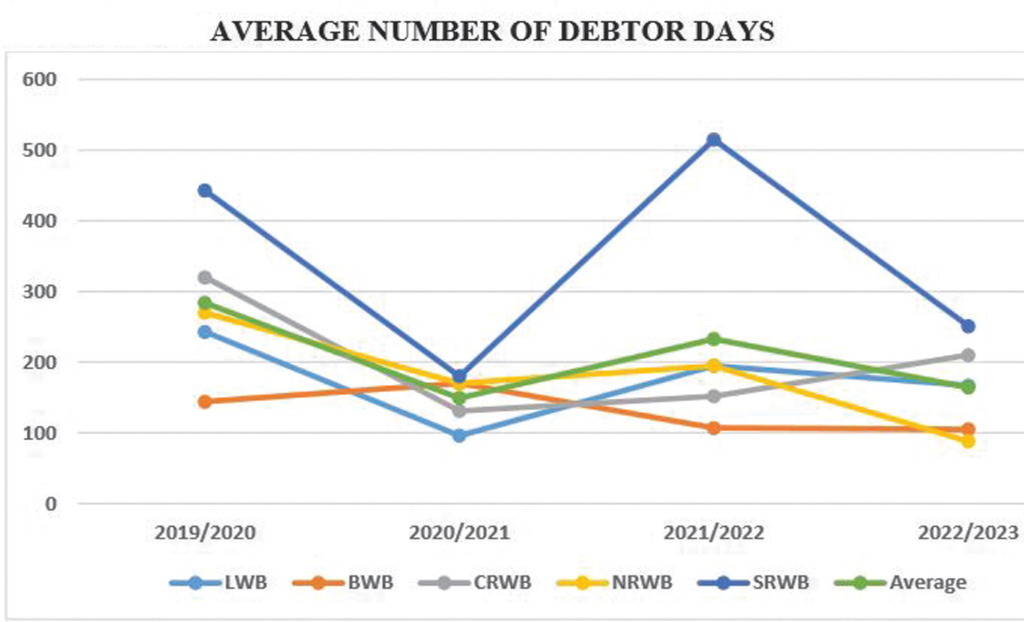Unpaid arrears, poor liquidity choke SOEs
Unpaid bills by public and private sector creditors continue to undermine the performance of State-Owned Enterprises (SOEs), with most of them operating at a loss.
In its 2023 Malawi Government Annual Economic Report released on March 2 as part of budget documents, the Ministry of Finance and Economic Affairs also noted that most of the SOEs, especially water boards, are operating at a loss because they price their water below the market rate.

Reads part of the report: “Furthermore, trading SoEs, particularly utility companies have consistently registered low returns on assets as well as on equity investment due to tariffs that were below cost-recovery, thereby hindering business growth and requiring bailouts and/or recapitalisation from the government.”
The Ministry of Finance and Economic Affairs has projected that five of the 25 SOEs or 20 percent, will post losses at the close of the 2022/23 financial year ending on March 31 2023.
Blantyre Water Board (BWB) and Northern Region Water Board are expected to post of losses of K21.1 billion and K5.8 billion, respectively while Southern Region Water Board is expected to post a loss of K216 million largely due to high energy tariffs, frequent blackouts and the unpaid debt held by public and private institutions, among others, according to the report.
As of September 2022, debtors owed BWB about K9.1 billion in unpaid bills, of which K4.3 billion was held by public institutions and K4.8 billion by private debtors.
On its part, the Southern Region Water Board was owed K12.3 billion, K8 billion by public debtors and K4.8 billion by private debtors.
The failure of the water boards to collect revenue on time has worsened their insolvency position, which is a company’s capacity to pay its debts.
National Food Reserve Agency and Lilongwe Handling Company Limited round up the list of companies set to post losses of K662.3 million and K171.4 million, respectively at the end of the financial year.
Reads the report: “These trade debtors have eroded SOEs working capital and worsened their liquidity position.
“The affected SOEs alternatively resort to commercial borrowing to augment working capital requirements.”
According to the report, 18 of the 25 SOEs cannot pay their short-term obligations, especially those due within one year. Only seven SOEs are projected to record a quick ratio above the recommended threshold of 2:1.
Speaking in an interview on Sunday, Malawi University of Business and Applied Sciences associate professor of economics Betchani Tchereni urged the utility companies to switch from post-paid to pre-paid systems to improve their capacity to collect their revenue on time.
He said: “One of the most important remedies would be to install prepaid metres.
“That would ensure that public institutions such as schools, the Malawi Defence Force and Malawi Police Service which use large volumes of water pay for utility services before they utilise the service.”
Economic analyst Bond Mtembezeka said the utility companies can improve their capacity to collect revenue on time by developing and enforcing clear credit and collection policies which detail possible sanctions against debtors that cannot settle their bills within a specified period.
“If a credit policy is in place, then it needs to be uncompromisingly enforced,” he said.
In January this year, Comptroller of Statutory Corporations Peter Simbani told the Parliamentary Committee on Government Assurance and Public Sector Reforms Programme that utility firms were operating at a loss and struggling to remit dividends to the government because they are owed billions of kwacha in unpaid bills.





